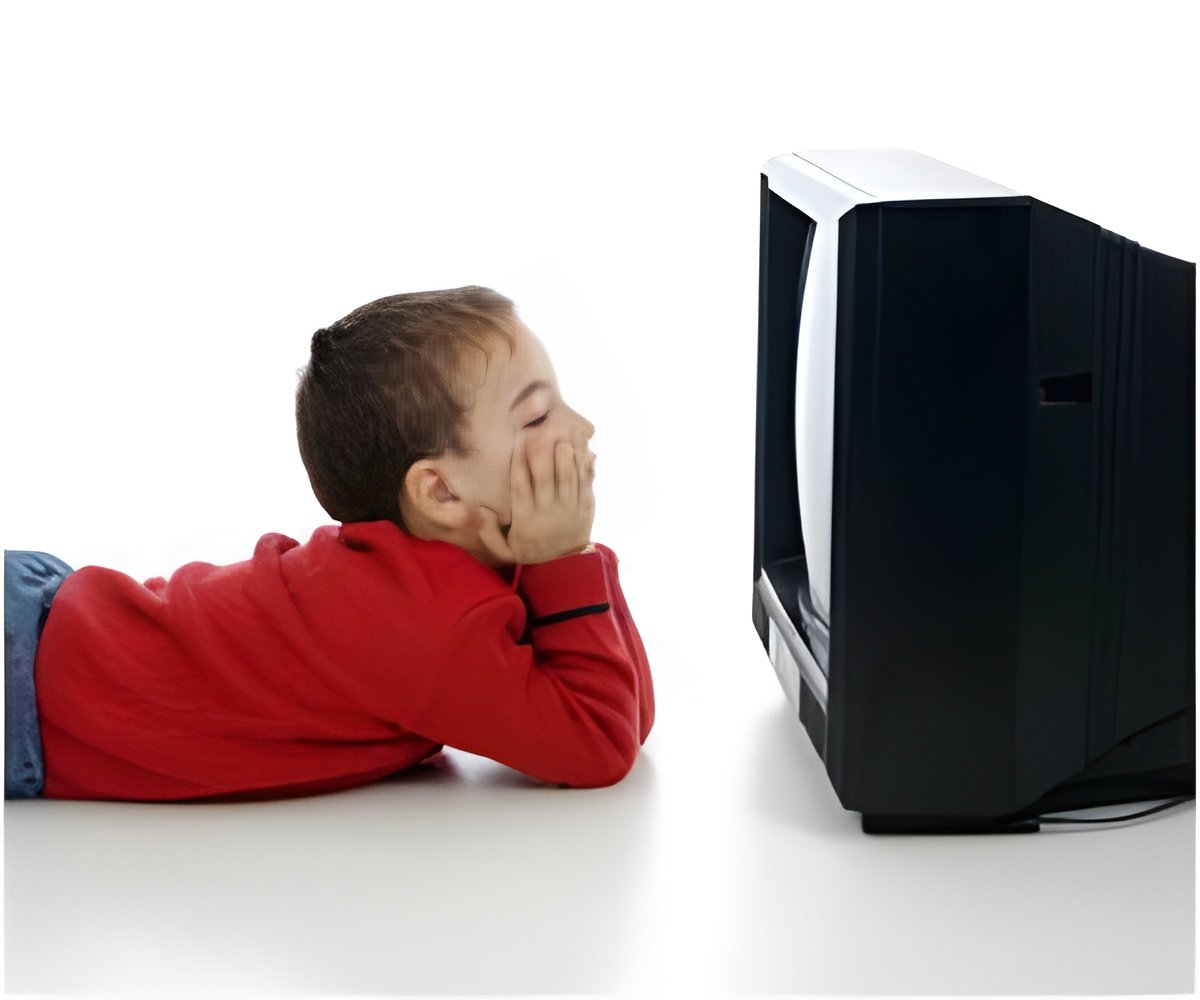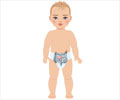Researchers suggest that films with a 'magical' element can boost the imagination of children.

The researchers said that believing in supernatural events like animals speaking human languages, or a witch flying on a broomstick, involves the ability to construct an alternative world.
The research, which studied the effects of showing children wizards, and even Santa Claus, the Easter Bunny and the Tooth Fairy for the first time, has shown that most four- to six-year olds think magically in everyday life, enabling them to see problems from different perspectives.
The study at Lancaster University involved 52 four- to six-year-old children. The youngsters were split into two groups and shown two 15-minute clips from 'Harry Potter And The Philosopher's Stone'.
The first group saw clips with 'magical' content, such as witches and wizards performing spells, using wands and flying on broomsticks, while the second group saw scenes with the same characters, but without any of the magical content.
Following the viewings, the children were given a series of tests which included acting out different scenarios, such as pretending to be a rabbit or a car; thinking of different ways to put a plastic cup into a bin; and to think of other uses for the cup, such as pretending it was a drum.
Advertisement
They were scored for their fluency - the number of alternative solutions they found, and their originality. For one test they were also scored on their imagination.
Advertisement
"Magical thinking enables children to create fantastic imaginary worlds, and in this way enhances children's capacity to view the world and act upon it from multiple perspectives," the Daily Mail quoted the researchers as saying.
"The results suggested that books and videos about magic might serve to expand children's imagination and help them to think more creatively," they added.
They also conducted a similar experiment with 64 six- to eight-year-olds and again found that the youngsters who watched films with a magical content did better on the creativity test than their peers.
Source-ANI









